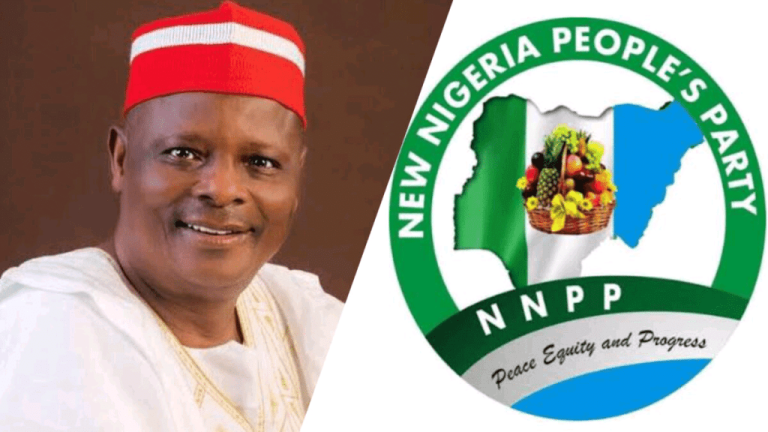
President Bola Tinubu has reaffirmed his administration’s commitment to building a Nigeria where every citizen’s identity is secure, verifiable, and trusted across all digital platforms.
Speaking on Tuesday in Abuja at the 2025 National Day of Identity, themed “Public Key Infrastructure (PKI): Backbone to Digital Public Infrastructure,” Tinubu described identity as the cornerstone of citizenship and a gateway to opportunity.
The president emphasized that the National Identity Number (NIN) is much more than an administrative code, it is a powerful tool unlocking opportunities, enhancing governance, and fostering trust across public and private sectors.
“Without PKI, digital interactions remain vulnerable. But with it, Nigeria can build an ecosystem where trust is guaranteed, fraud is reduced, and services are streamlined,” Tinubu stated.
He praised the National Identity Management Commission (NIMC) under Director General Abisoye Coker-Odusote for innovations like the NINAUTH system, diaspora enrolment platforms, and the use of NYSC members for ward-level registration.
Integration with systems such as the Bank Verification Number (BVN), health insurance, pension administration, social welfare, security services, SIM registration, and transport regulation further underlines the NIN’s role in national development.
Tinubu revealed that more than 126 million Nigerians are now registered in the national identity database, representing “126 million stories of visibility, empowerment, and inclusion.”
NIMC Expands Capacity, Reaffirms Security
In her remarks, DG Coker-Odusote highlighted NIMC’s expansion from 100 million to 250 million record capacity and deployment of over 1,500 enrolment devices nationwide plus 200 diaspora centres.
She noted progress on three fronts: inclusion, protection, and empowerment. The NIN is now integrated with birth registration, social registers, correctional services, and diaspora platforms.
Addressing concerns about data security, she assured the public that there have been no breaches, and the commission works closely with the police cybercrime unit, banks, and telecom operators to protect against identity fraud.
Minister of Interior Olubunmi Tunji-Ojo described identity infrastructure as essential to Nigeria’s digital future.
“PKI is the backbone of secure digital services, the difference between digital convenience and digital risk.”
He outlined five pillars for Nigeria’s digital transformation:
- Governance and legal clarity
- Resilient technical standards
- Interoperability
- Local capacity building
- Privacy protection
Tunji-Ojo urged collaboration with banks, tech firms, and development partners to build a transparent, internationally recognized PKI system.
“The investments we make today in PKI, data centres, and secure enrollment will be the collateral for Nigeria’s digital economy tomorrow,” he said.



